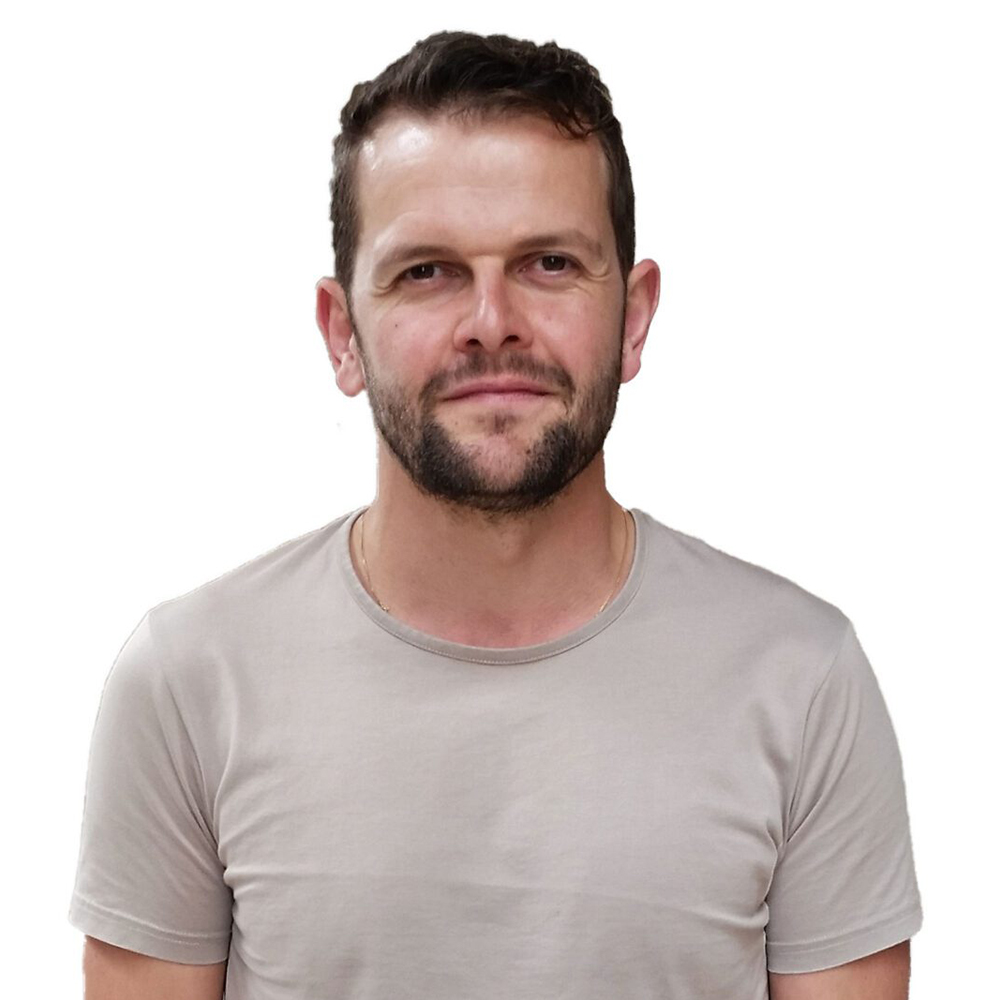Calm Abiding and Special Insight
October 23 – 31, 2024
9-Day Group Practice Retreat (intermediate-level) led by François Schick.
Shamatha is a Sanskrit term for calm abiding. By refining our focus, and learning the technique for gaining an absorbed state of mind, we can be much more at peace, extremely serene, both physically and mentally. That state enables us for much deeper spiritual experiences. When the mind is clear and stable, what we observe, if it is constructive, will be much more transformative. It speeds up our growth, our qualities, it is much stronger in shifting some of our habits. The technique to get into higher states of concentration will be taught in the first part of the retreat.
Vipashyana is also a Sankrit term. It stands for higher seeing or special insight. Supported by Shamatha, we use the telescope of our mind, made more stable, to probe into the nature of reality. The hypothesis being that what we will encounter has the potential to completely heal our minds and dismantle the causes of our troubles. This is what the second part of the retreat will be about.
During these nine days, you will learn two precious skills. One connected to your attention, one with your understanding. In the Indo-Tibetan Buddhist tradition, there are precise methods for achieving that, with steps, and mental levers to activate at a certain time. Pretty much like learning to drive a car or to fly a plane. But with a vehicle that far exceed the potential of any airborne object!
There is no doubt that within the whole Tibetan Buddhist literature and certainly within the whole Buddhist world, there are very few presentations on Calm Abiding/Shamatha like the one exposed in the Lam Rim Chenmo. Lama Tsongkhapa, the great scholars and yogi who composed it, gave an incredible account of the method to bring the mind to peace.
Yet, in this method, there are instructions that need to be translated, so to say, from a two dimensional perspective of a text into a three dimensional organic experience, like translating music scores into a proper song. François Schick has a unique skill in facilitating this process. He can present the traditional treasures in a non-traditional way, bridging this 14th century text to the modern mind. He has thoroughly studied this technique for over 10 years and he is a rigorous meditator. He will teach step by step. You will learn how to bring joy and conviction in the practice by unraveling your own skills. And you will get a good chance to learn how to better drive the mind and to take a step closer to the exceptional state of Shamatha – resting in serenity.
On this basis, you will use powerful tools to deconstruct the substantiality that we latch onto ourselves and that is the root of many issues. And you will learn to do that in a protective, balanced manner. You will be guided into the understanding of selflessness.
Who is this retreat for?
- For those who have a foundation in Buddhism and wish to take advantage of a 9-day long retreat to review Shamatha and Vipashyana guidelines in depth through a strong experiential dimension.
Schedule
This retreat starts with check-in at 1pm on October 23 and finishes with check-out at 1pm on October 31.
The schedule for the check-in and check-out days will be confirmed on short notice.
Please come on time for check-in, otherwise you will lose your space on the retreat!
Sample day – each retreat is adapted to the group.
Schedule is subject to change on short notice!
| 06:45am | Morning Session |
| 07:30am | Breakfast |
| 09:00am | Teaching and Meditation |
| 10:00am | Break |
| 10:45am | Teaching and Meditation |
| 11:45pm | Lunch & Karma Yoga |
| 02:00pm | Group Discussion |
| 03:00pm | Teaching and Meditation |
| 04:00pm | Break |
| 05:00pm | Teaching and Meditation |
| 06:00pm | Dinner |
| 07:30pm | Evening Session |
Teacher
 For more than 15 years, François has been meditating, dedicating his life to the Dharma and particularly to the method of Shamatha/Calm Abiding, having received a thorough education in the Gelug tradition and having done numerous solitary retreats, including six months in the Alps, under the personal guidance of Alan Wallace. He is currently teaching at Kalachakra Center France. For few years now, he is working on a book on Shamatha.
For more than 15 years, François has been meditating, dedicating his life to the Dharma and particularly to the method of Shamatha/Calm Abiding, having received a thorough education in the Gelug tradition and having done numerous solitary retreats, including six months in the Alps, under the personal guidance of Alan Wallace. He is currently teaching at Kalachakra Center France. For few years now, he is working on a book on Shamatha.
He is appreciated for his way of teaching, rigorous and modern, accessible and lively.
Course Details
For more information about Intermediate Courses, including a typical schedule and how to register, please see our Intermediate Course Page.


